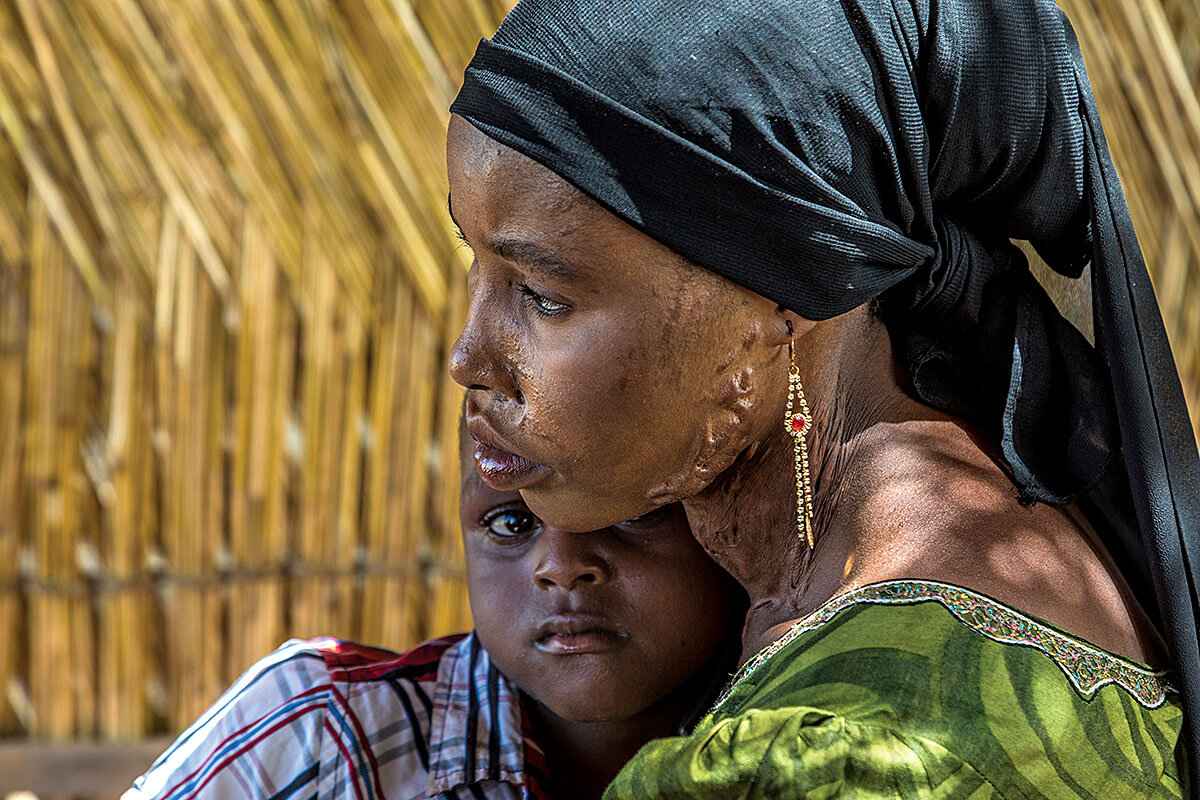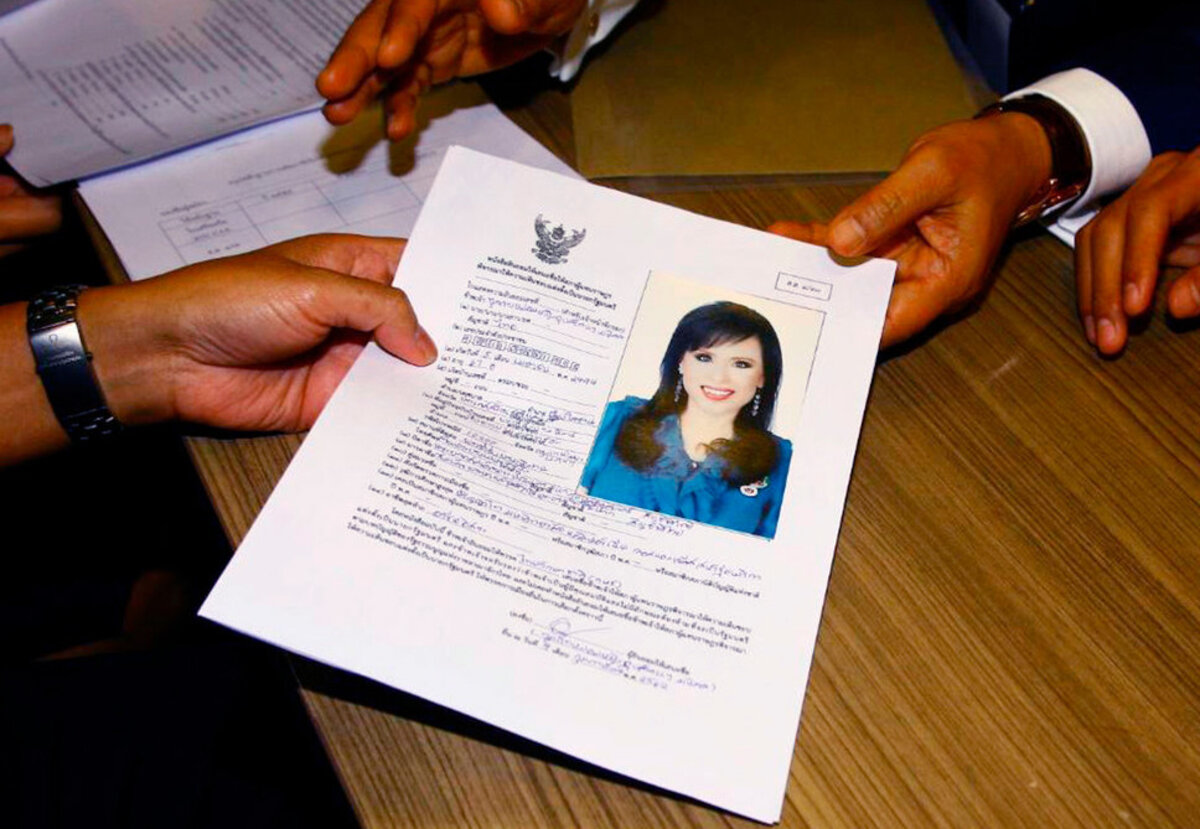The Democratic strategy in 2020 leans heavily on those outraged by President Trump’s views on racial and gender issues. That makes Virginia a litmus test for what the party thinks it can forgive – and what it can’t.
Monitor Daily Podcast
- Follow us:
- Apple Podcasts
- Spotify
- RSS Feed
- Download
 Peter Grier
Peter Grier
Remember the State of the Union? President Trump’s speech was only last Tuesday. But already, in news terms, it seems the semidistant past.
It’s been superseded by big events that combine catchy elements of our polarized, Facebook- and Twitter-dominated culture.
Take the confrontation between Jeff Bezos, Amazon’s chief, and the owners of the National Enquirer. Mr. Bezos accuses the Enquirer of blackmail, saying it threatened to publish intimate photos of him unless he stopped his investigation of the tabloid.
It’s a story that combines a billionaire’s private life with allegations of criminality at a publication that has links to President Trump and Saudi Arabia. If it were fiction, it would be dismissed as over the top.
Then there’s the bizarre implosion of Virginia’s state leadership. What started out as an apparently simple tale of the governor’s racial insensitivity in his medical school yearbook has morphed into a larger tale of persistent, systemic racism that involves a number of top officials and crosses partisan and political lines. (See our top story today.)
And Acting Attorney General Matt Whitaker appeared before the House Judiciary Committee today. He denied talking about the Russia inquiry with the president. It’s the first big clash of House Democratic investigation efforts.
Now to our five stories for your Friday.










